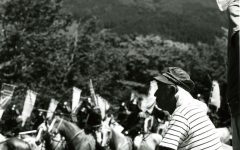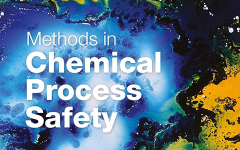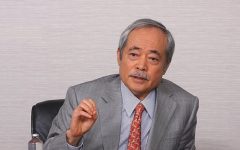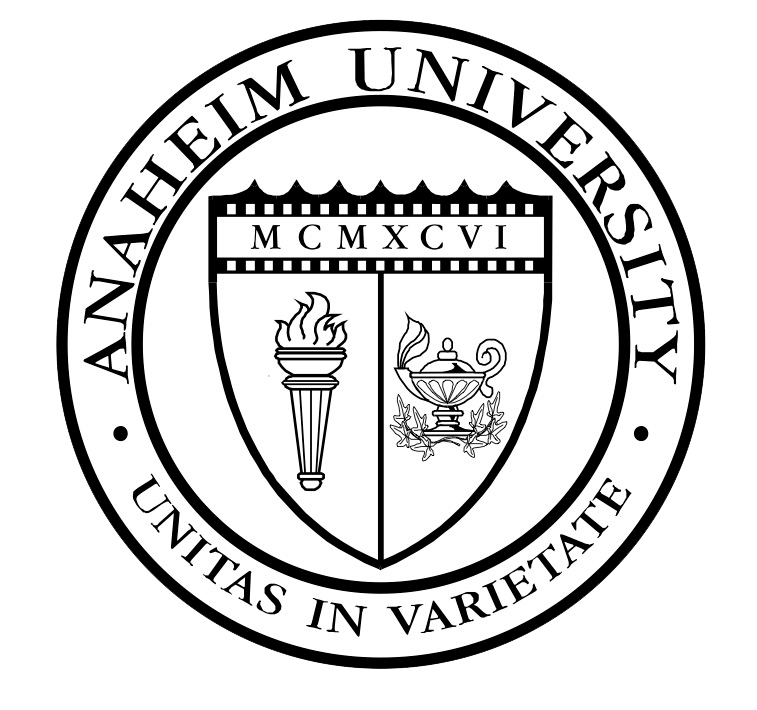2020 Anaheim University TESOL Residential Session & MECA
August 19, 2020 2025-01-21 19:492020 Anaheim University TESOL Residential Session & MECA
Anaheim University will hold a virtual 2020 TESOL Residential Session from Thursday, August 27th to Saturday, August 29th, 2020. Anaheim University’s M.A. and Ed.D. in TESOL students from around the world will join sessions related to “Adaptability in TESOL“.
Certain sessions will be made open to the public. There is no charge to attend open sessions. However, registration is required.
To register for the Open TESOL Seminars, click here.
The sessions will be led by Anaheim University’s distinguished TESOL faculty and guest speakers, including:
- Dr. David Nunan, David Nunan TESOL Institute Director, founding Dean of the Anaheim University Graduate School of Education & former President of TESOL International Association
- Dr. Rod Ellis, Anaheim University Senior TESOL Professor & Founding Department Chair
- Dr. Luke Plonsky, Anaheim University Graduate TESOL Director
- Dr. Hayo Reinders, Anaheim University Graduate School of Education Chair of Research
- Dr. Kathleen Bailey, former President of TESOL
- Dr. Brian Tomlinson, Anaheim University TESOL Prof & Materials specialist
- Dr. Andy Curtis, Anaheim University TESOL Prof & former President of TESOL
- Dr. Ken Beatty, Anaheim University TESOL Prof
- Dr. Jo Mynard, Anaheim University TESOL Prof
- Dr. Masatoshi Sato, Anaheim University Associate TESOL Prof
- Dr. Shartriya Collier, Nevada State College School of Education Associate Dean
- Dr. Sandra McKay, Anaheim University TESOL Prof
- Dr. Julie Choi, Anaheim University Alumnus & University of Melbourne Senior Lecturer in Education (Additional Languages)
- Dr. Tamara Myatt, Anaheim University Akio Morita School of Business Prof
- Dr. Raphael Raphael, Anaheim University Akira Kurosawa School of Film Professor
- Dr. Vivian Bussinguer-Khavari, Anaheim University Assistant TESOL Prof
These workshops are part of Anaheim University’s online graduate degree programs in TESOL:
- Online Master of Arts in Teaching English to Speakers of Other Languages (MA in TESOL)
- Online Doctor of Education in Teaching English to Speakers of Other Languages (Ed.D. in TESOL)
To register for the Open TESOL Seminars, click here.
Tentative 3-Day Schedule (Subject to change)
All times are Pacific Daylight Time (PDT). Click here for a World Time Converter.
* Session Numbers 3, 4, 7, 8, 12, 13 & 14 in red are open to the public
Abstracts
Then Came COVID: Adapting TESOL for a Post-Pandemic World
Andy Curtis, Ph.D.:
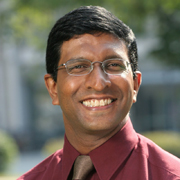 Before embarking on a career in applied linguistics and language education, I worked for some years in hospitals in England, as a Medical Science Officer, primarily in the areas of obstetrics, gynaecology and pediatrics. As part of my training, we had to read Charles Darwin’s 1859 book, On the Origin of Species, in which he discusses the importance of Biological Adaptability. Because of my life sciences background, I start by approaching the notion of Adaptability from a Darwinian perspective. Combining my life science professional origins with my later-in-life career in language education, I noticed that one of the mis-used phrases from Darwin was “survival of the fittest”. In Nazi Germany, that phrase was taken to mean that the strongest would survive, while the weakest would die. However, what Darwin meant was that those plants and animals that are the most adaptable to changes in their environment will thrive. Fast forward around 160 years, and we are now all living through the experience of a global pandemic, the first for more than a century, which has led to renewed interest in Darwin’s work. In this workshop, we will, then, consider what we mean by Adaptability, in relation to TESOL, today and in the years to come.
Before embarking on a career in applied linguistics and language education, I worked for some years in hospitals in England, as a Medical Science Officer, primarily in the areas of obstetrics, gynaecology and pediatrics. As part of my training, we had to read Charles Darwin’s 1859 book, On the Origin of Species, in which he discusses the importance of Biological Adaptability. Because of my life sciences background, I start by approaching the notion of Adaptability from a Darwinian perspective. Combining my life science professional origins with my later-in-life career in language education, I noticed that one of the mis-used phrases from Darwin was “survival of the fittest”. In Nazi Germany, that phrase was taken to mean that the strongest would survive, while the weakest would die. However, what Darwin meant was that those plants and animals that are the most adaptable to changes in their environment will thrive. Fast forward around 160 years, and we are now all living through the experience of a global pandemic, the first for more than a century, which has led to renewed interest in Darwin’s work. In this workshop, we will, then, consider what we mean by Adaptability, in relation to TESOL, today and in the years to come.
Adaptability of Research to the Classroom
Masatoshi Sato, Ph.D.
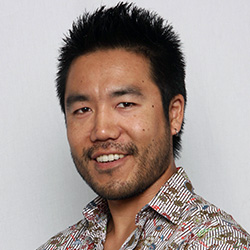
Adaptability of L2 research to the classroom has been an issue since the 1990s. Despite researchers’ hope, practitioners rarely see the way in which empirical findings are effectively used in their classes. The central question is: “Is research really useful for teaching?” In this talk, I first discuss the current issues related to the research-pedagogy link. I will then focus on studies designed to make L2 theories more relevant to classroom teaching. Specifically, I will tap into learner psychology (e.g., L2 motivation, willingness to communicate, and metacognition) and how this research can be meaningfully used in the classroom. The talk includes some activities of adapting research findings to pedagogical technique.
Supporting Language Learners Beyond the Classroom: Theory and Practice
Jo Mynard, Ph.D.
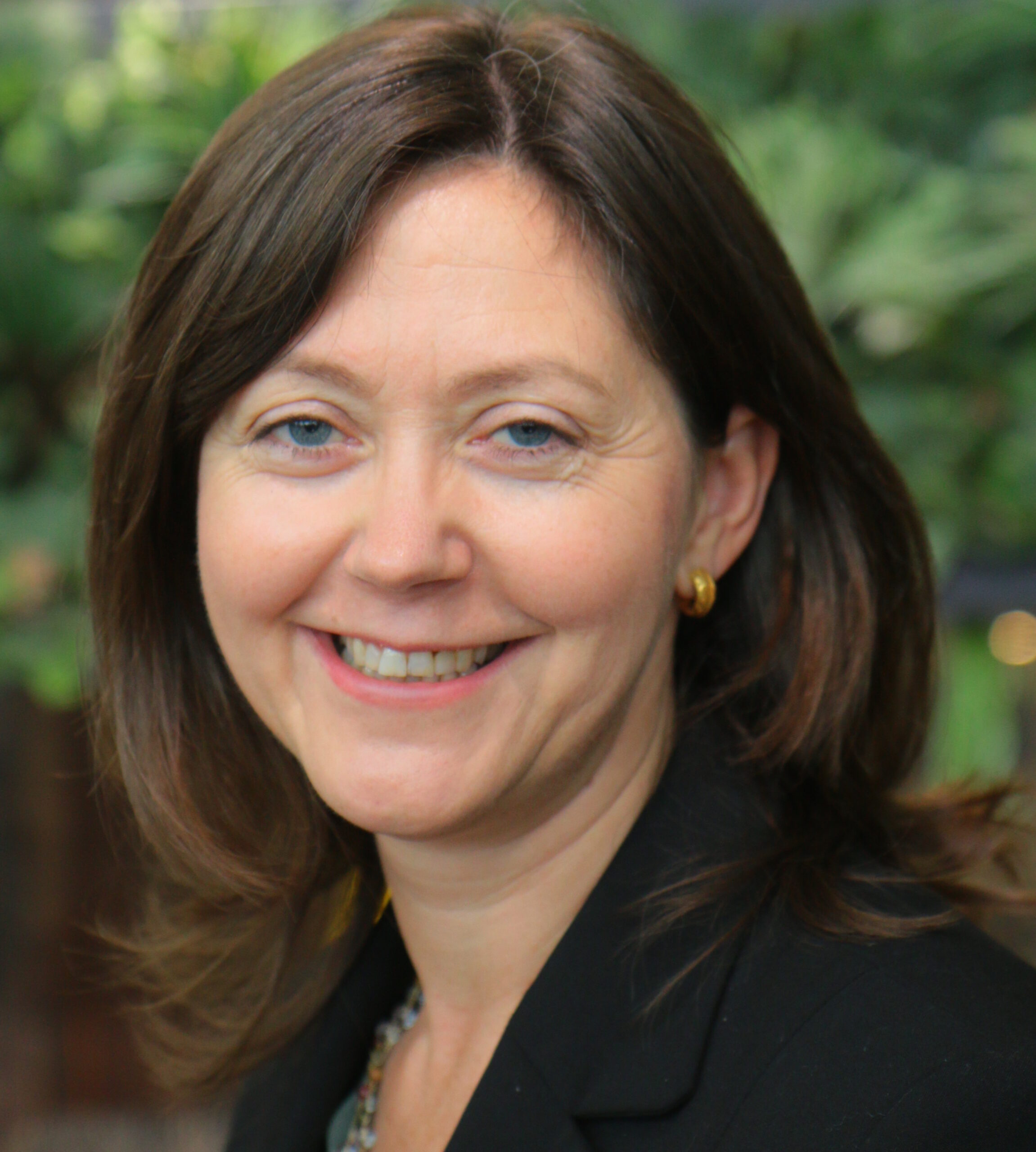
Classroom instruction for language education is only one part of the language learning experience, and in this talk I would like to move away from the classroom and focus specifically on ways in which we can support learners outside the classroom. This kind of support, often known as self-access language learning (SALL), can take several forms, for example: providing materials, spaces, and facilities for learning; ensuring access to communities of TL speakers; offering language support and practice opportunities; and providing targeted support for individual learners through advising. SALL spans five decades and has seen many changes as we have learned more about how people learn languages and have drawn on different theoretical trends. This talk will touch briefly on how the field is shifting, and look at examples of SALL in practice. As we will see, it is important to ensure that we are supporting language development and also the development of language learner autonomy.
Theory, Research and Practice in Language Teaching and Learning
David Nunan, Ph.D.
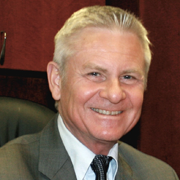
This presentation will cover: What do we mean by ‘theory’ and ‘research’?; research paradigms: positivist and naturalistic research; research procedures; three traditions in language learning theory, research and practice: behaviourism, innatist/cognitivist approaches, socio-constructivism; and pedagogical applications of socio-constructivism: a closer look
Social Identity and Language Development in Study Abroad
Rod Ellis, Ph.D.
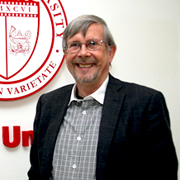
Study abroad constitutes an ideal context for investigating the relationship between second language learners’ social identities and their language development. Two broad but not distinct phases in study abroad research can be distinguished corresponding to before and after the advent of the social turn in second language acquisition studies. The earlier phase was predominantly concerned with documenting the L2 development and whether and in what ways L2 development in study abroad learners differed from stay-at-home classroom learners. The later phase was informed by poststructuralist theories that emphasized the dynamic and complex nature of L2 learners’ identity and socialization during study abroad and the importance of learners’ own agency in influencing the local communities of practice they joined. Focusing on the second phase, I will outline the theoretical background to investigating learners’ social lives by drawing on social identity theory, socialization theory and social networking theory and review research on study abroad that has been informed by these theories. I will then outline how research on complexity, accuracy, lexis and fluency (CALF) can inform the language development that takes place during study abroad and again consider studies based on this approach. I will show that the nature of learners’ development during study abroad depends on the social lives that they build for themselves but that, in the main, development is limited to oral fluency and lexis.
Ways of Making Your Language Learning Materials More Effective for Your Learners
Brian Tomlinson
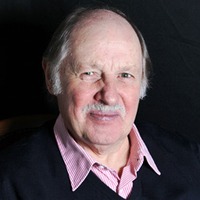
No commercially published language learning materials can be completely effective for any particular class of learners. The writers of these materials (especially of global coursebooks) do not know the students, they do not know their social, cultural or educational background, they do not know their interests or personalities. In attempting to cater for every learner they inevitably cater for none. It is the teacher who knows the learners, it is the teacher who knows their backgrounds, personalities and interests. It is the teacher who knows the learners as individual human beings. Therefore it is the teacher who can make the materials more relevant, more meaningful and more engaging for a particular class. It is the teacher also who can be more innovative and imaginative than the materials writers, who are constrained by understandably cautious publishers afraid of losing face-validity and profit. And it is the teacher, most importantly, who can open up and humanise the materials so as to maximise their potential for facilitating language acquisition. In this presentation I will be discussing and exemplifying a number of ways in which teachers can easily and effectively make use of their existing materials to increase their potential for facilitating acquisition for their learners. The literature on teachers use of materials has revealed that teachers often modify their materials so as to focus more on teaching the curriculum and preparing learners for examinations. In my presentation I am encouraging the opposite, that is to make principled modifications in line with what we know facilitates acquisition, modifications which prioritise opportunities for learning rather than making teaching and testing more convenient and easier.
Education is Changing: Seven Good Things
Ken Beatty, Ph.D.
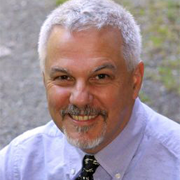
Misfortunes of all kinds have a way of bringing out the best in people and, when disasters and challenges arise, they often lead to rapid torrents of large and small innovations. There are several changes in education at the moment that promise to have lasting beneficial impacts on teaching and learning. This workshop outlines seven of these, identifying challenges and ways in which improvements in education will happen.
- Internet access as a necessity and a human right
- The role of peers as educators
- The rapid expansion of distance education
- The use of social media for sharing ideas and assignments
- The importance of digital professional development
- The evolution of the textbook into a multimedia tool
- A global responsibility for education
Workshop participants will examine these seven issues and consider how each of us can make positive local impacts on improving education in the time of an international pandemic.
Developing tests of L2 Learners’ Pragmatic Competence
Rod Ellis, Ph.D.
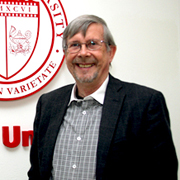
Current tests of pragmatic competence – for example, the Discourse Completion Test – only assess learners’ explicit knowledge (i.e. their ability to behave appropriately when making conscious effort). I will argue that we need tests that can distinguish learners’ implicit pragmatic knowledge (i.e. their ability to use the L2 appropriately online and without deliberation) from their explicit knowledge and begin by explaining the difference between these two types of knowledge. I will then describe and provide examples of tests of English designed to measure them. These tests include a Role Play Test, an Oral Elicited Imitation Test, an Irony Test, and a Meta-pragmatic Knowledge Test. Participants in the workshop will have the opportunity to try out some of the tests for themselves and to comment on them.
Problem Solving, Innovation, and Metaphors We See Through
Kathleen Bailey, Ph.D.
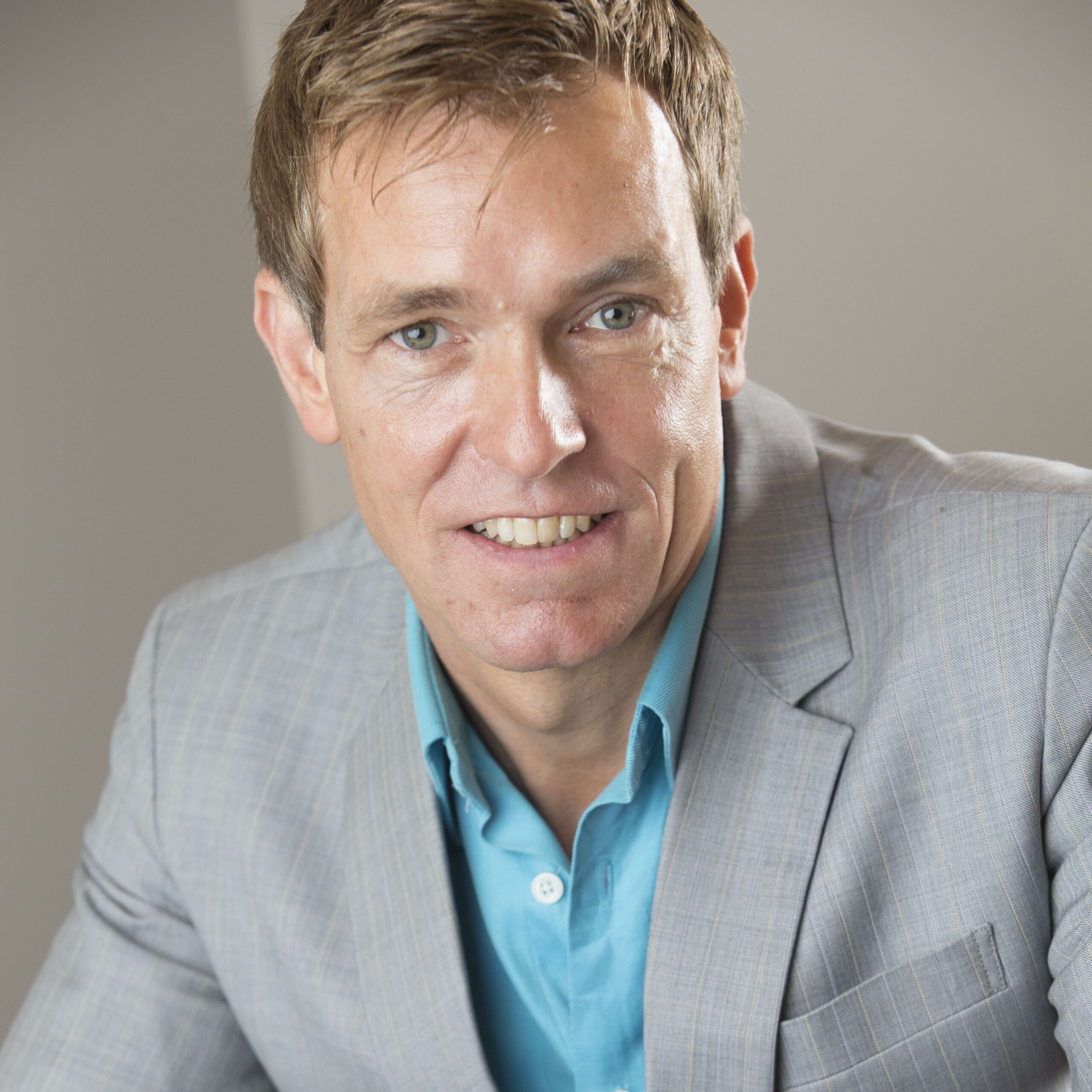
In this presentation on the theme of adaptability in language education, we will begin by contrasting problem solving, innovation, and change. We will then explore how the metaphors we use to discuss our current situation can influence our thinking about our work.
Educational Data Mining and Learning Analytics for Language Teaching & Research
Hayo Reinders, Ph.D.
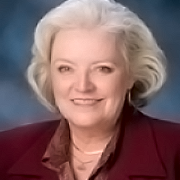
The purpose of this presentation is to introduce the topics of educational data mining and learning analytics, and to explore how they may be relevant to improving learning and teaching, as well as enable new types of research. We will first explore the increasing range of data available to teachers and researchers about our students’ language learning journeys, the types and frequency of language input they receive and output they produce, as well as the various types of engagement data we now have access to. We will look at ways in which such data can be gathered, analysed and put to use to improve language learning and teaching.
Addressing Problems in Task-Based Language Teaching
Rod Ellis, Ph.D.

We will address the questions that teachers often ask about task-based teaching (e.g. how to handle grammar in TBLT or how to deal with mixed ability classes). The aim is to ease teachers’ doubts about the feasibility of task-based teaching and to encourage you to try it out in your own classrooms. In many teaching contexts teachers are tied to a structural syllabus and traditional ways of assessment and so will not be free to adopt task-based teaching wholesale so this workshop will offer some suggestions about how task-based teaching can still be made to work alongside more traditional types of teaching.
Multicultural Education Forum: “Multicultural Educators as Agents of Change in a Covid-19 World”
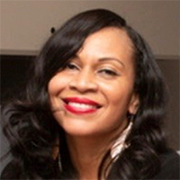 |
 |
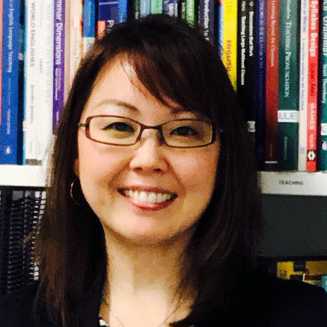 |
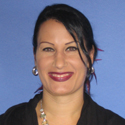 |
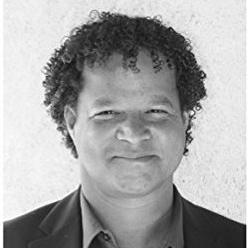 |
 |
| Moderator: Dr. Shartriya Collier |
Panelist: Dr. Sandra McKay |
Panelist: Dr. Julie Choi |
Panelist: Dr. Tamara Myatt |
Panelist: Dr. Raphael Raphael |
Panelist: Dr. Vivian Bussinguer-Khavari |
Abstract: Here we are together worldwide not only navigating life in the middle of a global pandemic but also amidst a time of rapid change in every aspect of our lives. Familial change, economic change, professional change and especially educational change are impacting each and every one of us here in the virtual room tonight. While in some cases this change is completely and utterly terrifying, in other ways, it is extremely exciting! As educators, we have the opportunity to create long lasting and sustained change in this COVID World.


